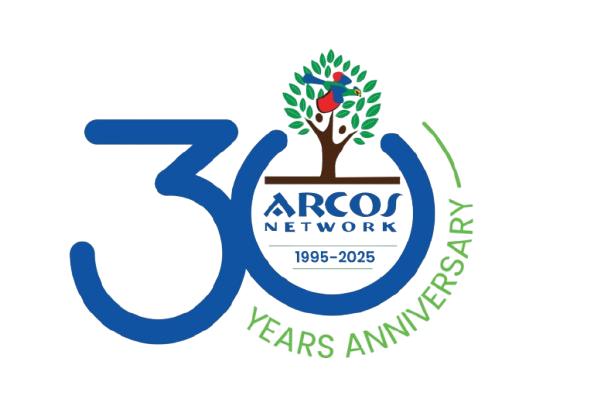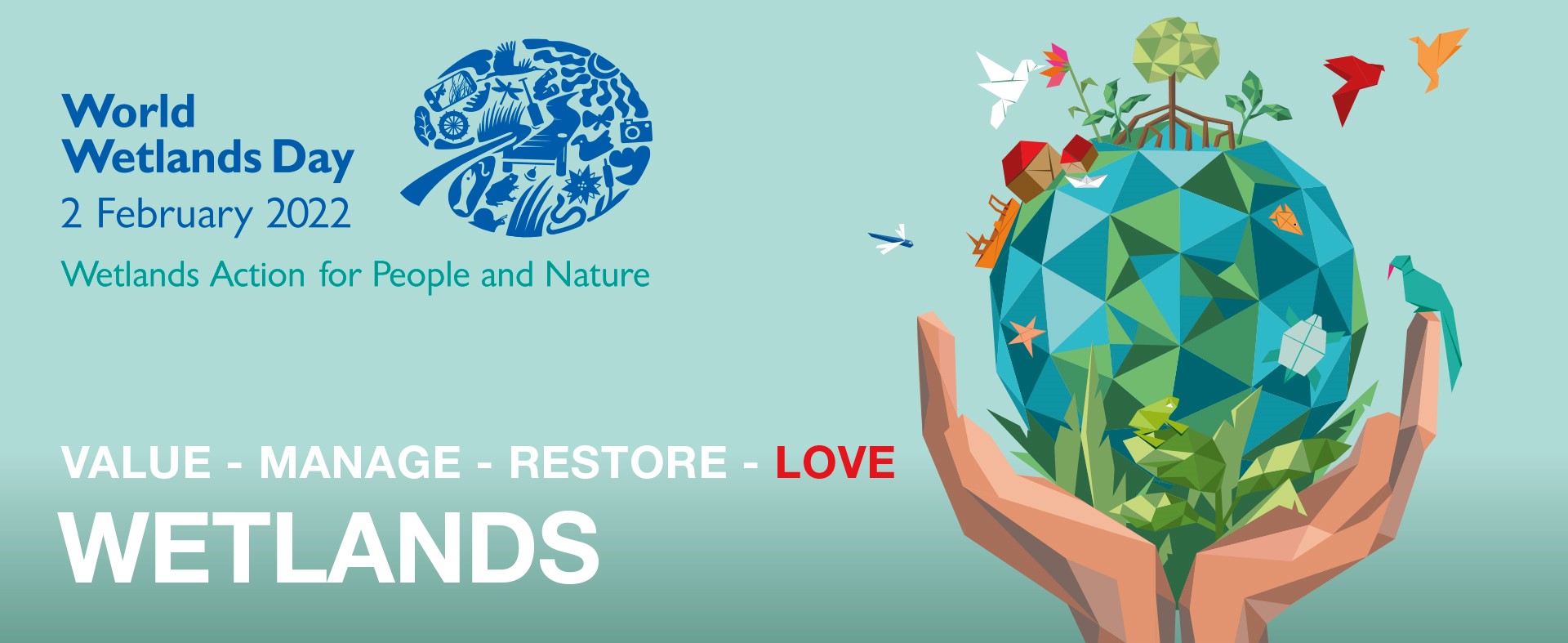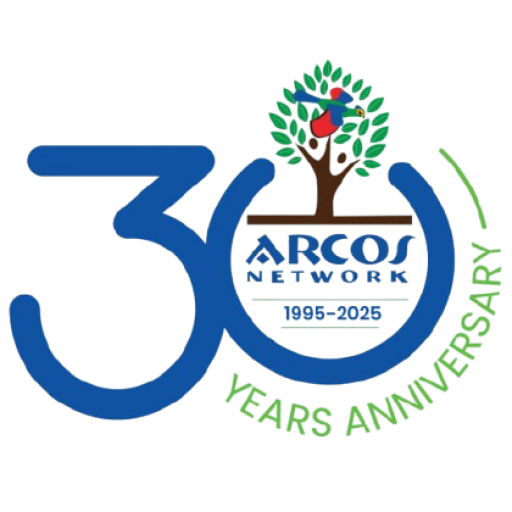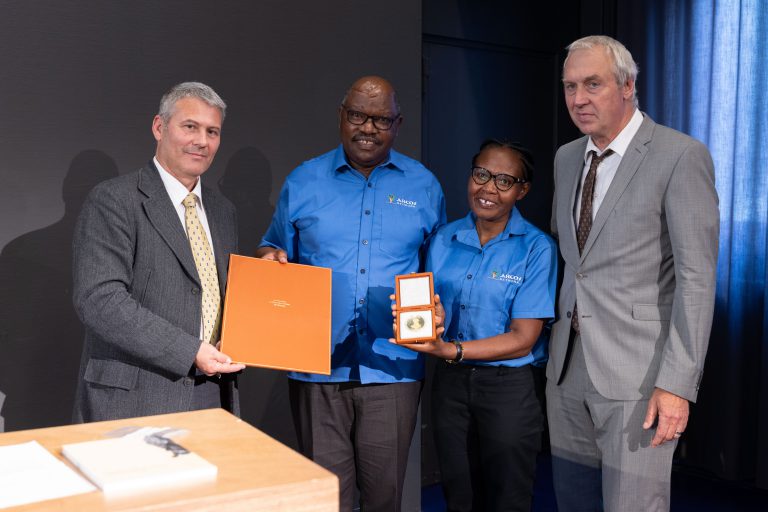Wednesday, 2nd February 2022
ARCOS Statement on the World Wetlands Day
On every 2nd February of each year, The Albertine Rift Conservation Society (ARCOS) joins the rest of the world to celebrate World Wetland Day. Celebrated since 1997, this occasion is all about raising awareness about wetlands as critically important ecosystems that contribute to biodiversity, livelihoods, climate mitigation and adaptation, freshwater availability, economies, etc. The theme for 2022 is “Wetlands Action for People and Nature”.
ARCOS’ intervention in wetlands
ARCOS has done quite a lot in terms of promoting informed decision-making in wetlands management in the Africa Great Lakes Region. It can also be mentioned that in 2013 ARCOS launched a biodiversity information system that hosts also wetland biodiversity data from the Albertine Rift region (ARBMIS). Furthermore, between 2019 and 2021, with support from the JRS Biodiversity Foundation, ARCOS implemented a project titled “Using Ecological Integrity Assessment and Advanced Information Management to Guide Wetlands Management and Decision-Making in Rwanda”. Most importantly, the attainments of this project were marked by reports which informed the development of the 6th National Environment and Outlook Report for Rwanda mainly chapter 6 on water and wetland resources produced by the Rwanda Environment Management Authority (REMA).
ARCOS notes leading efforts to manage African wetlands but calls for more actions
The world’s wetlands are hanging on to a thinning lifeline and remain the world’s most threatened ecosystem. Nearly 90% of the world’s wetlands have been degraded since the 1700s, and the world is losing wetlands three times faster than forests (Ramsar, 2021). Yet, wetlands are critically important ecosystems as previously mentioned.
Some indicators suggest an increasing pressure on African wetlands since the 1990s, such as the decreasing WET Index (UN WCMC, 2017) and the threat status of species depending on wetlands in Africa (Ramsar, 2018). Urban development, agriculture and a continuing demographic growth are major threats to African wetlands. Even though wetlands have been facing unsustainable uses in Africa, some countries have been tirelessly working towards sustainable wetlands development and conservation.
World Wetlands Day is the ideal time to commend what some African countries have so far achieved in regards to implementing sustainable wetlands management and conservation. Case in point of the South Africa special management of the Nuwejaars wetlands, Uganda’s Rwizi-Lake Mburo-Nakivale, Rwambu-Mpanga, and Enyau wetland systems, Rwanda’s Rugezi wetland conservation and the new established Nyandungu Eco-tourism Park, are milestone examples of political commitments towards wetlands conservation but ARCOS calls for more actions. Ultimately, as of today, fifty African nations are signatories to the Ramsar Convention on Wetlands, with 415 Ramsar sites (Ramsar, 2021).
About ARCOS
The Albertine Rift Conservation Society (ARCOS) is a regional conservation organization with the mission to enhance biodiversity conservation and sustainable management of natural resources in the Albertine Rift region, Africa Great Lakes region and African Mountains through the promotion of collaborative conservation actions for nature and people.



